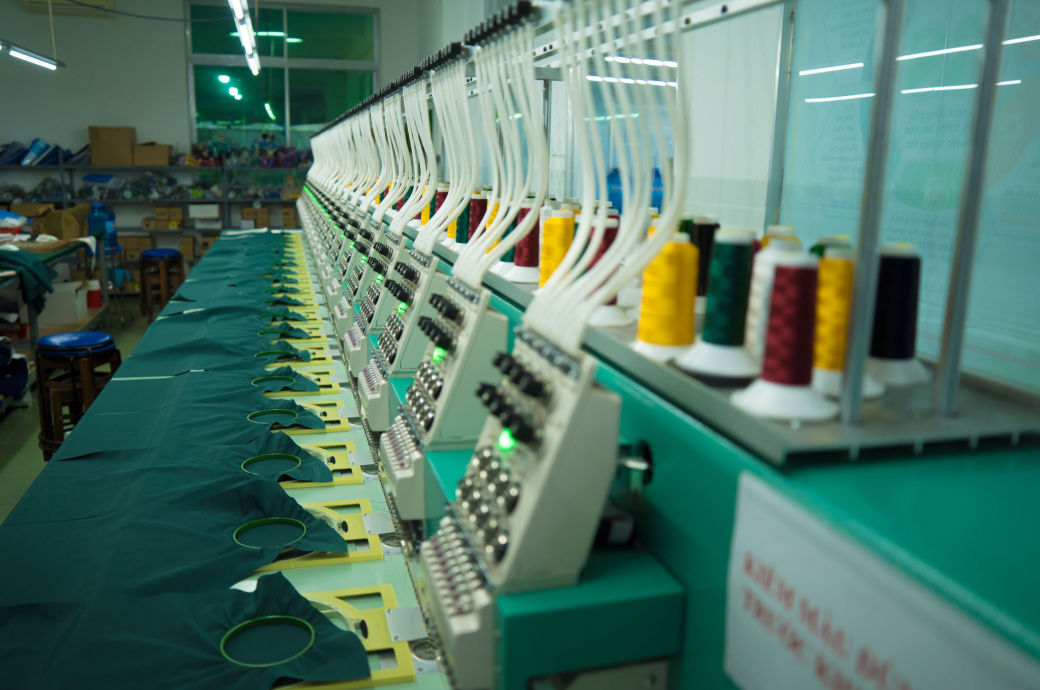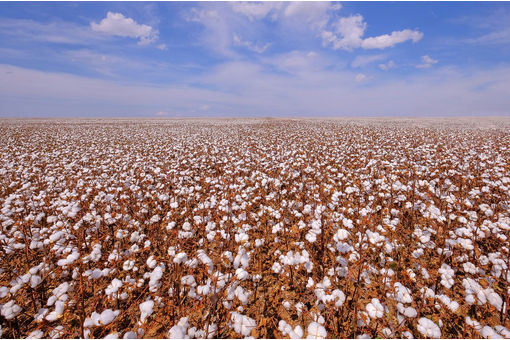EU proposals aimed at tackling energy crisis lack in ambition: EURATEX

There will be no means to translate into reality the EU textiles strategy for more sustainable and circular textiles products, EURATEX said in a press release recently.
When gas wholesale prices reached the record level of €340/MWh in August, triggering sky-high electricity prices, the European textiles industry called on the EU to adopt a wholesale price cap for gas, the revision of the merit-order principle in the electricity market, support small and medium enterprises (SMEs) and a single European strategy.
On September 14, on the occasion of the State of the Union address by President Ursula Von der Leyen, the European Commission announced initiatives aimed at tackling the energy crisis.
“We understand a very high price cap has been so far discussed among Ministries and that is not reassuring for companies across Europe: if any cap is, as expected, above 100/MWh, these businesses will collapse,” the federation said.
EURATEX has, however, welcomed the proposals by the Commission to change the title transfer facility (TTF) benchmark parameters and decouple the TTF from the electricity market and the revision of the merit-order principle for the electricity market, which is no longer serving the purpose it was designed for.
It also welcomed the proposal to amend the state-aid framework that, in EURATEX’s view, should include the textiles finishing, the textiles services and the non-woven sectors as well as a simplification of the application requirements. The federation called for a uniform implementation across the EU.
Already in March this year, with EU gas wholesale prices at €200/MWh, the business case for keeping textiles production was no longer there, EURATEX said. To date, natural gas wholesale prices have reached the level of €340/MWh, more than 15 times higher compared to 2021 levels.
As many businesses now have suspended production processes to avoid the loss of tens of thousands of euros every day, EURATEX hoped this will not become the new normal, and to reduce the likelihood of such a scenario, it called on the Commission, the EU Council and the Parliament to ‘swiftly adopt decisive, impactful and concrete actions’ to tackle the energy crisis and ensure the survival of the European industry.
The EU textiles companies are mainly SMEs that do not have the financial structure to absorb such a shock. In contrast with such reality in Europe, the wholesale price of gas in the US and China is €10/MWh, whereas in Turkey the price is €25/MWh.
If the EU does not act, international competitors will easily replace EU companies in the market, resulting in the de-industrialisation of Europe and a worsened reliance on foreign imports of essential products, EURATEX cautioned.
Specific segments of the textile industry are particularly vulnerable, according to the federation. The man-made fibres (MMF) industry, for instance, is an energy-intensive sector and a major consumer of natural gas and electricity in the manufacturing of fibres. Not only is it being affected by higher energy process, it is also experiencing shortages and sharply rising costs of its raw materials.
For the non-wovens segment, production processes, which use both fibres and filaments extruded in situ, are also highly dependent on gas and electricity. Polymers melting and extrusion, fibres carding, web-forming, web-bonding and drying are energy-intensive techniques.
It also is to be noted that for some segments the use of gas has no technological substitute: for example, the dyeing and finishing production units make very intense use of gas. These production units are mainly composed by boilers and driers, which only work on gas and there is no alternative technology, Brussels-based EURATEX pointed out.
Fibre2Fashion News Desk (DS)
































-Ltd..jpg?tr=w-120,h-60,c-at_max,cm-pad_resize,bg-ffffff)





.jpg?tr=w-120,h-60,c-at_max,cm-pad_resize,bg-ffffff)
.jpg?tr=w-120,h-60,c-at_max,cm-pad_resize,bg-ffffff)






